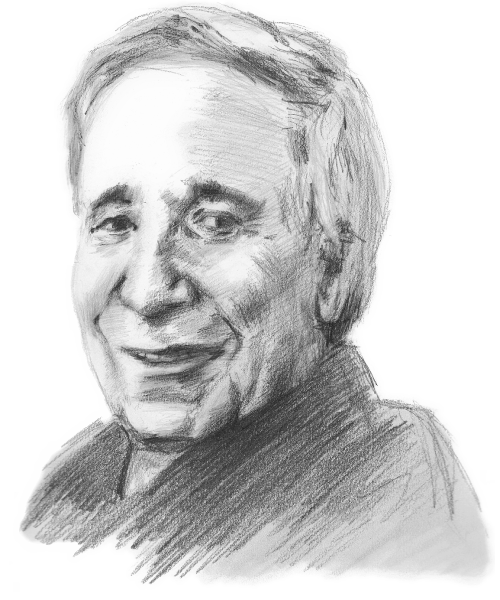
Illustration by Nicole Rhoden
Ilan Pappé, one of Israel’s “New Historians,” has been rewriting the history of the founding of Israel since the release of pertinent British and Israeli government documents in the early 1980s. His groundbreaking work “The Ethnic Cleansing of Palenstine” recounts in detail the resulting expulsion of nearly 800,000 Palestinians from the land in 1948, an event referred to as the Nakba, or catastrophe, by the Palestinian community. The book challenged the traditional narrative surrounding Israel’s war for independence, setting Pappé against Israeli academics and public opinion.
F Newsmagazine’s Daryl Meador spoke to Pappé about his work as a historian, his controversial history of the events of 1948, the BDS boycotts of Israel and his hopes for peace in the future.
DARYL MEADOR: In your book “The Ethnic Cleansing of Palestine,” published in 2006, the narrative you construct of 1948 and the formation of the state of Israel stands in stark contrast to the history you were raised with in Israel. What are some of the differences between the two stories?
ILAN PAPPÉ: The two stories are very different. One is told to us from very early on as Israeli Jews. You hear it in elementary school, high school and in the army. I heard it again at university where I majored in Middle Eastern History and took a special course on 1948. The narrative was the following: 1948 was a miraculous year. After 2,000 years of exile, the world recognized the right of the Jews to have their own state. Then, out of the blue, without any clear explanation, both the Arab world and the Palestinians rejected this idea and went to war against the young Jewish state. The Jews miraculously succeeded in winning.
What I discovered as a researcher was exactly the opposite. I found out that the Zionist leadership in the months before the war contemplated what I call the ethnic cleansing of Palestine. It was a very different picture of an aggressive and active Zionist movement intent on de-Arabizing Palestine.
DM: Was it a conscious decision to teach an alternate narrative in Israel, something that is not the truth, or is it generally believed to be an honest account of history?
IP: I think it’s the latter, although more complicated. I’ll give you an example that I think clarifies it.
The moment you dehumanize the Palestinians, you have no problem with the narrative. The moment you decide that the Palestinian villagers are soldiers in a military outpost, then, whatever you do to the village, is not ethnic cleansing or a crime against humanity, but just a war. The first thing that is done in Israel is the dehumanization of the Palestinians.
In 1948 it was worse, I would say it was a Nazification of the Palestinians – the Israeli troops were punishing the Palestinians for what the Nazis did to the Jews.
DM: What research methods did you use to investigate the ethnic cleansing of Palestine?
IP: I looked towards ignored sources and declassified documentation.
Israelis go by the rule of 50 years of secrecy before releasing military and security documentation. In 1998 military documentation from 1948 became available, which allowed me to write “The Ethnic Cleansing of Palestine.”
But, I don’t trust the Israeli army, not in the present and not in the past. So I compared it to the oral history of the Palestinians. This is something that is very curious in Israel – when you use oral history to document the Holocaust, the memory of the survivors are understood as valid sources for reconstructing history. However, memories of Palestinian survivors from the Nakba, the catastrophe, are sheer imaginations and cannot be relied upon for telling us what happened.
“I could not rely on the peace
process to end the oppression,
dehuminization and colonization
that the Israelis are inflicting
on the Palestinians.”
To tell the truth, if the ethnic cleansing of Palestine would have been limited to 1948, if it was a closed chapter in history, then afterwards there would be a very different relationship between the Jews and the Palestinians. I think the relevance of the catastrophe is because the Zionists never stopped the ethnic cleansing, so we are still in that chapter.
We have learned from other places with a history of decolonization or reconciliation that you need to acknowledge the past. That is what the Jews of the world rightly ask the Germans to do. If you want closure you have to acknowledge and show accountability, which Israel refuses to do and continues to pursue an ethnic cleansing of Palestine.
DM: You discuss the ethnic cleansing ideology in your newest book “Gaza in Crisis.”
IP: I think that ethnic cleansing is implemented in more than one way. Even if you don’t expel a people, but ghettoize and enclave them, it’s a kind of ethnic cleansing. I don’t know what is worse actually, to be marooned in such a ghetto or to be a refugee. The ideology is the same – you want the territory, but you cannot afford the demography. When you cannot afford the demography, you find ways of downsizing the Palestinian population. Sometimes you do it by expulsion, sometimes you do it by imprisonment, sometimes you do it by making them so bereft of any rights that, even if they are there physically, they don’t threaten you. And that is what is horrible.
DM: The publication of “The Ethnic Cleansing of Palestine” resulted in serious criticism and repercussions for you as an Israeli citizen and professor. Did you choose to stop teaching in Israel?
IP: It’s a bit more complicated. The book definitely put me on a collision course with Israelis, as well as my very clear support for the academic boycott of Israel. My commitment to protect the memory of the Nakba led to a call for my resignation at the University of Haifa.
DM: Why do you support the Boycott, Divestment and Sanctions movement (BDS), a Palestinian non-governmental boycott against Israel, demanding the rights of freedom, equality and self-determination for the Palestinians?
IP: I think there are three major conclusions that I arrived at that convinced me that the boycott, which is very drastic and not an easy thing to support, was the right decision. One was that the peace process was not providing the goods and was not likely to do so in the future. I could not rely on the peace process to end the oppression, dehumanization and colonization that the Israelis are inflicting on the Palestinians. Secondly, I was convinced that there was no chance in the near future for a change within Israel. Thirdly, a call for a nonviolent strategy to displace the armed struggle and suicide bombings came from the Palestinians themselves.
DM: How can students in the U.S. support Palestinian rights?
IP: I usually like to call it “try to be a VIP.” It’s particularly relevant for students. It stands for “Visit, Inform and Protest.” It’s not easy to visit Palestine, as you know. But you are there for five minutes, and you’ll understand. Informing people is important too. This is an age when the hegemony of the mainstream media cannot control the Internet, although it tries to. God knows that the narrative that comes through mainstream media in this country is horrible. There is nothing, even in the New York Times, that relates truthfully to what is going on. And protest, the lack of indifference, is something the Israelis are impacted and influenced by.
DM: The last thing I wanted to ask is about solutions. Do you support the typical two state separation of Israel and Palestine or the less popular idea of one state for both people?
IP: I think you have to judge what exactly you want to change in Israel. What you want to change is an issue of rights, both individual and collective. Palestinians, wherever they are, are denied basic human and civil rights. So you want to create a political body that will respect the rights of everyone, Palestinians and Jews.
The territorializing of rights – saying 80 percent will be Israel, 20 percent will be Palestine – as the right way of respecting these human rights, does not stand to reason. When you say the rights will be respected now in 20 percent of Palestine, that’s not a solution. That’s managing a conflict rather than solving it.
I think the one state, in whatever form, is a more logical solution to respect the rights of everyone, even the right of return for Palestinian refugees. The last thing I’d say about the one and two state is that there are also realities on the ground. Israel is stuck with such facts that even if you like the two state solution, it is impossible, given the way that Israel has changed human geography.
DM: Do you think a regime change will happen soon?
IP: As a historian I’m more patient with the time frame. I promised my children it would happen in their lifetime, although it may be for the generation of my grandchildren. Something Lenin used to say, unfortunately, is that there is a worse stretch to cross before it gets better.


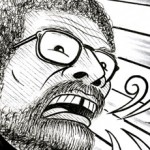
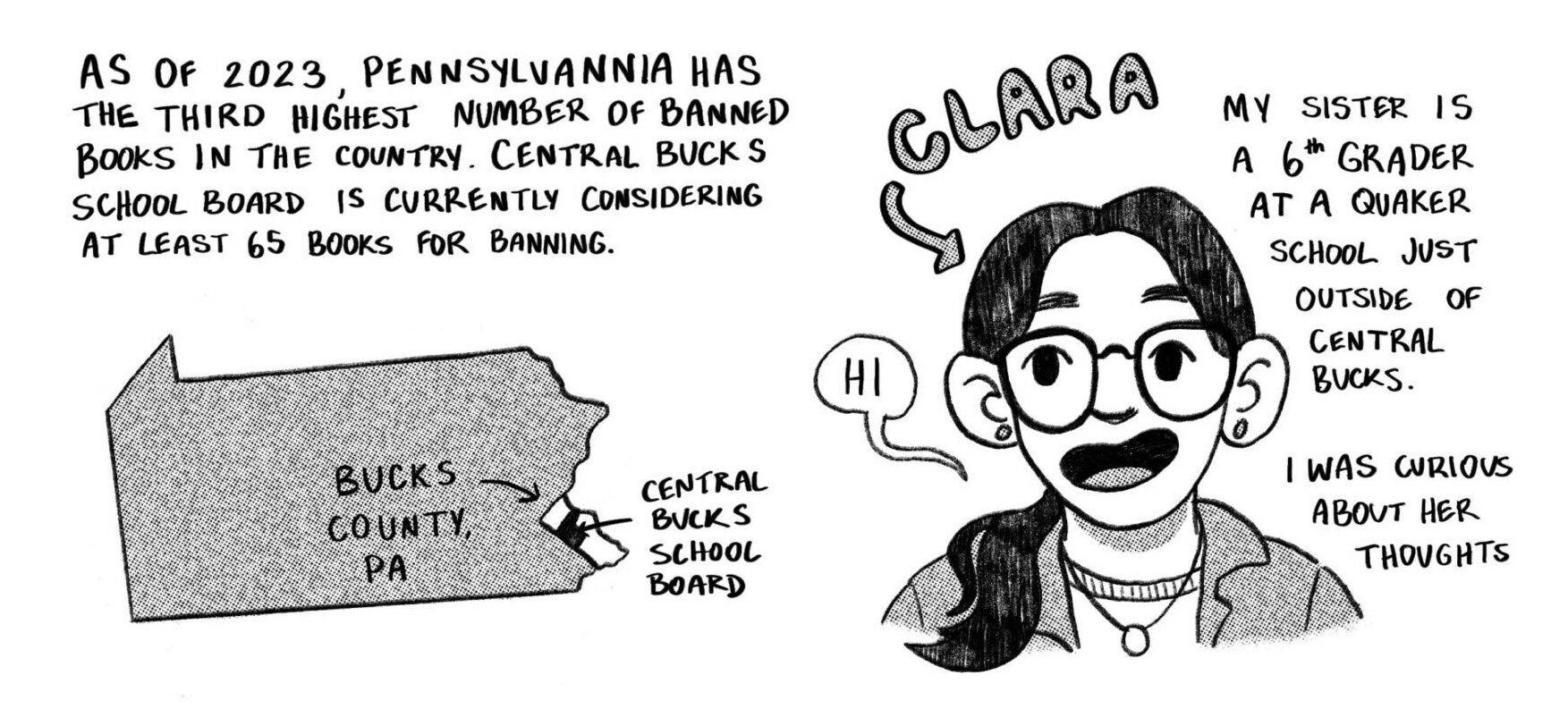
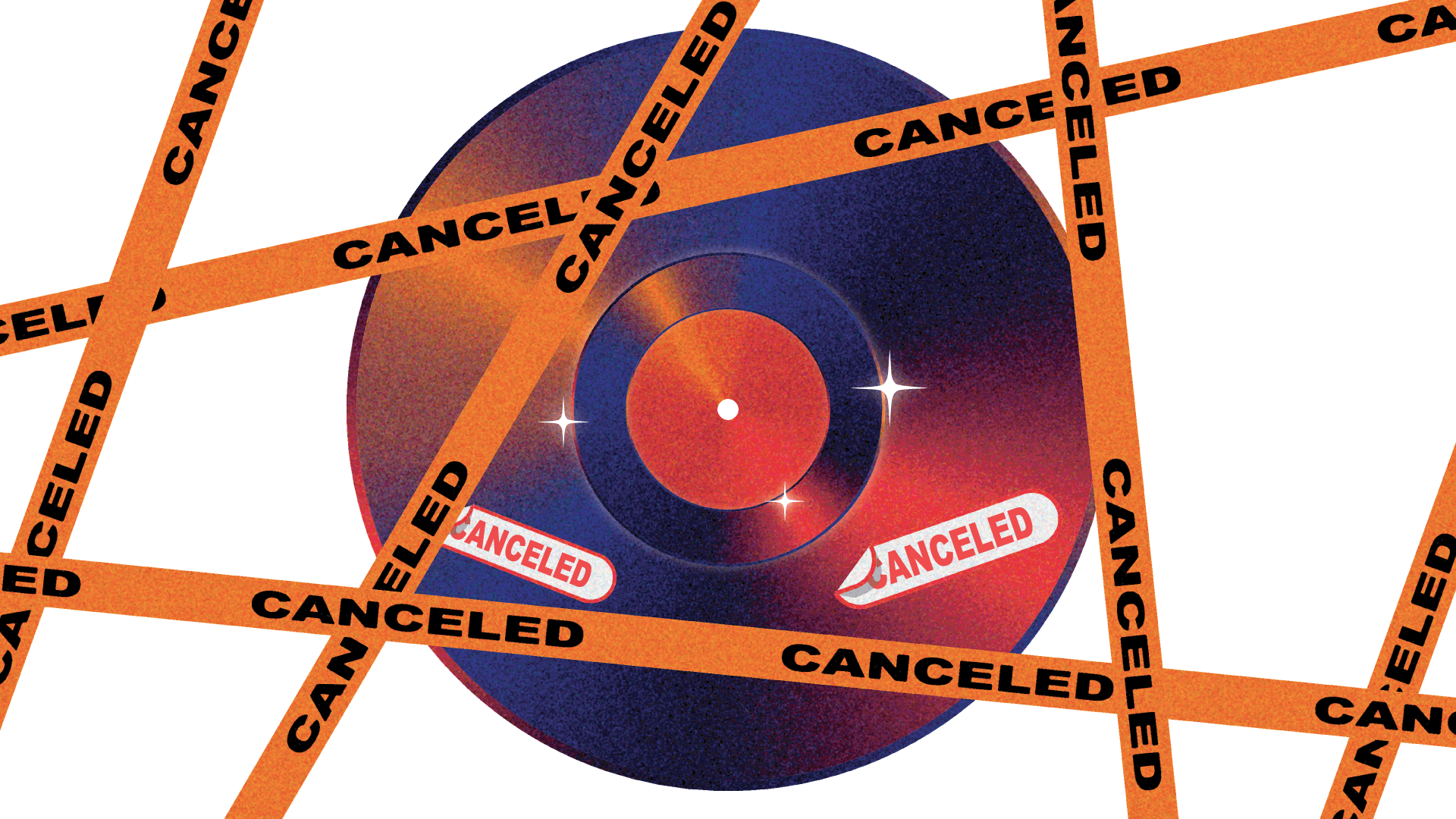
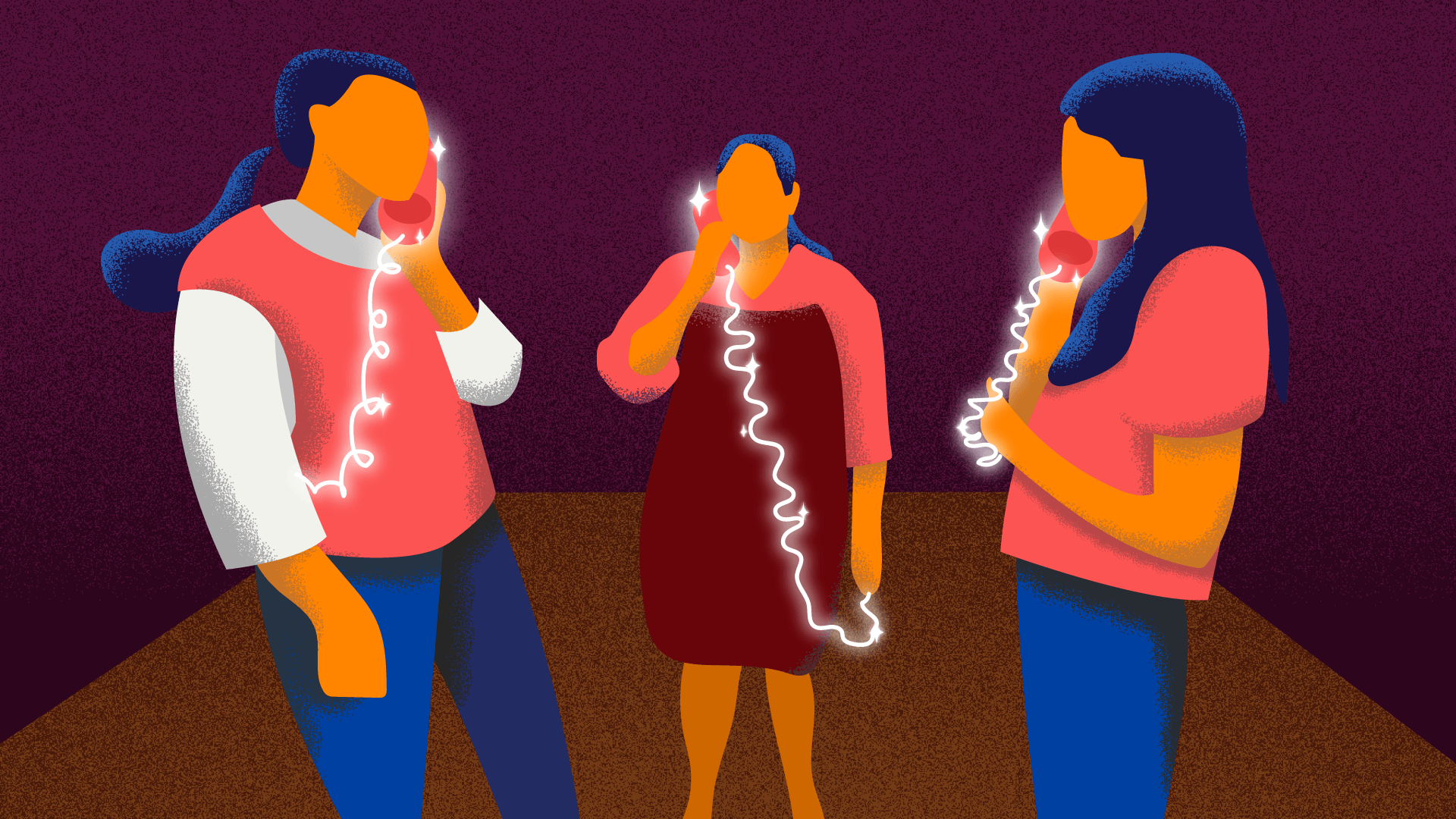
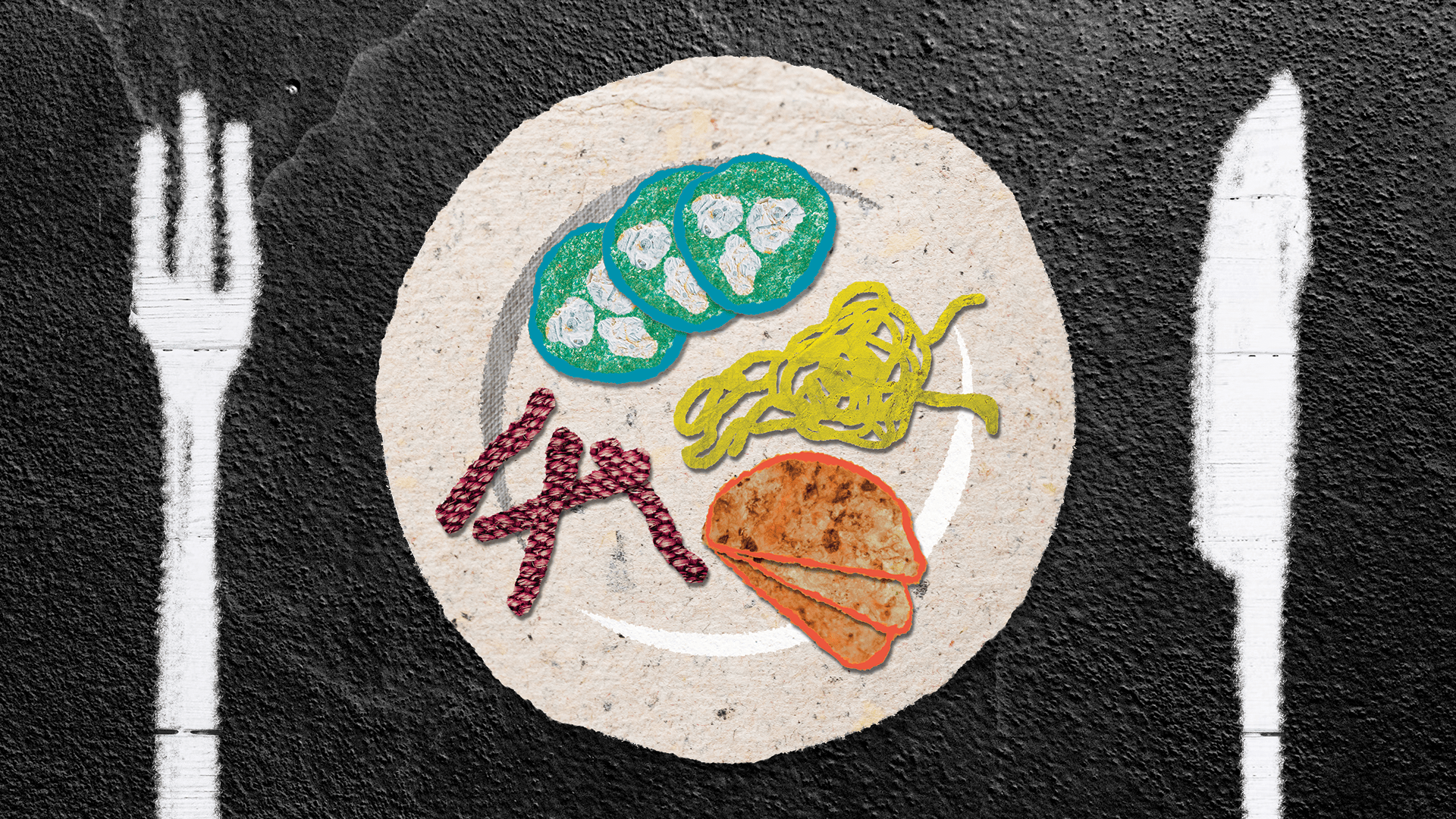
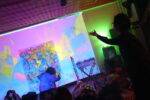














Even just the lead paragraph of Daryl Meador’s interview piece with Jewish Israeli Professor Ilan Pappé brings mind-reversing clarity to the too often muddied expression of Israeli history. But getting into the dialogue itself, I see that Meador has the chops and chutzpah to ask critical questions and to listen well for follow-up. She is, as a writer, obviously concerned with gathering fact and winnowing fiction. But her sensitivity to the human aspect of the issues at hand also makes her a brave soul in the quest for social change.
[…] your inbox.Related Articles Internet Famous Structural Damage You Will Pay Careful Colony A Violence in History Waterloo, NYPopular Articles rereading: EVIL PEOPLE in MODERNIST HOMES in POPULAR FILMS Maura […]